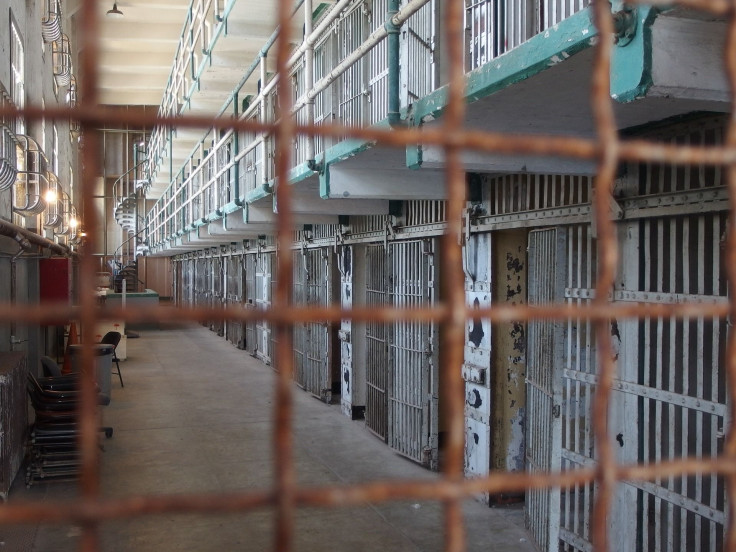Have A Criminal Past? New Research Indicates The Best Way To Address It In Job Interview

Few things are as tedious and disheartening as job searching. But if you have a criminal record while on the hunt, finding an opportunity can seem nearly impossible. New research from Michigan State University says that potential employers are more willing to overlook past mistakes when former inmates apologize for their indiscretions. Meanwhile, trying to excuse or justify past wrongs was not so successful.
Abdifatah Ali, a doctoral student in psychology at the university, published a series of three studies which evaluated how 500 people evaluated job applications or videos of job interviews. Applicants provided either an excuse, justification or apology for their criminal past.
“Apologizing for your past criminal offense seems to be the most effective strategy in reducing concerns about your underlying trustworthiness as a person of integrity,”Abdifatah said in a statement.
An excuse, for example, could be something like, “I was convicted of theft, but wasn’t responsible because I didn’t steal anything. I was just hanging with the wrong crowd.” Justifications, on the other hand could sound similar to, “I was convicted of theft and accept responsibility, but was forced into stealing because I needed to provide food for my family.” The most acceptable explanation is the apology, “I was convicted of theft and know that what I did is wrong. I apologize and will never do something like this again.”
Apologizing was the best way to make evaluators believe that applicants were less likely to be distrustful at work. Justification was also somewhat successful, but not the best option.
“The core issue that we were trying to address from a psychological perspective is how applicants with a criminal record can best present information regarding their offense,” Abdifatah explained of the work. “From a counseling standpoint there aren’t any evidence-based strategies of how to best present themselves in those situations.”
While this study may seem too niche, statistics say otherwise. According to the Center for American Progress, about one in three people have criminal records, or between 70 and 100 million citizens. Previous research shows that it’s not just those with a past who pay the price. An estimated $65 billion per year of gross domestic product is lost due to employment loss for people with criminal records.
Many cities are adopting “ban the box” policies that eliminate conviction history questions on job applications, writes the National Employment Law Project. Supporters believe this helps employers consider job qualifications without the mark of a criminal record. Currently, more than 150 cities and counties have adopted these policies, which have been endorsed by former President Barack Obama.
See Also:
Guys May Struggle With Self-Control Due To Testosterone; How Sex Hormone Affects Decision Making
Published by Medicaldaily.com



























